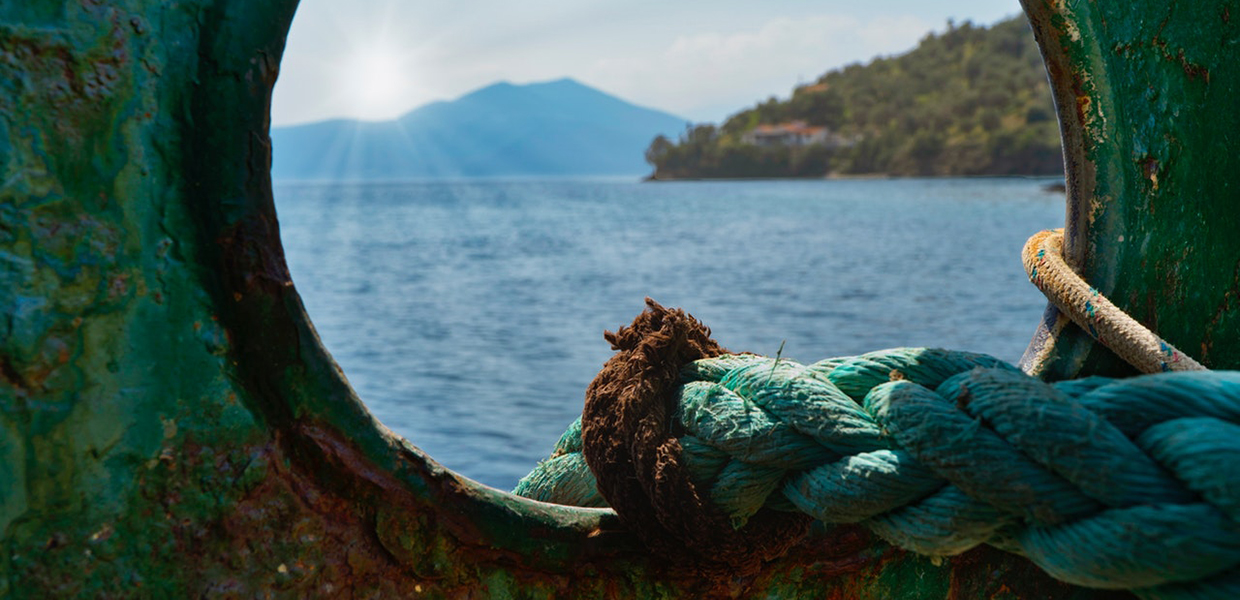
A critical incident are powerful, traumatic events which can result in individuals feeling distressed. At times, such events may overwhelm the usual resources and ways of coping available to an individual, a crew or staff team.
It can lead to a sense that personal safety is severely compromised, and that the individual or team’s ability to meet the demands of the situation are inadequate.
Critical Incidents in the Maritime Industries
Any organisation can be subject to untoward incidents – the sudden unexpected death or suicide of a colleague, serious physical injury, experiencing or witnessing a life-threatening event, violence and robbery, for example.
Shipping is no different. The industry faces its own unique critical situations such as piracy, groundings, collisions, fatal accidents and near-miss incidents.
Impact of Critical Incidents
Where critical incidents do overwhelm resources, people involved may experience feelings of helplessness, horror or fear.
Effective management of the ordinary psychological impact of such extra-ordinary events on the crew, and individuals dealing with them ashore, can minimise burn-out, stress, and the prevent the development of mental health problems down the line.
Where such issues go unseen and unaddressed, individuals may become vulnerable to problems associated with Acute Stress Disorder, adjustment disorders, and Post Traumatic Stress Disorder, (PTSD), leading to time away from shift or ship.
At sea, unrecognised and untreated psychological difficulties present the risk of human factors interfering with the safety of future operations, making further untoward incidents more likely.
Critical Incident Response - Solutions
Critical Incident Stress Management (CISM) is a highly-structured, fast and effective set of approaches, proven to mitigate the short and longer term impact of untoward events.
It was first developed for military and combat personal, and civilian first responders, such as firefighters and the police, and now is applied with high success within businesses world-wide, across a broad range of sectors.
Its effectiveness has been shown to ensure business continuity where staff have met with an untoward incident, saving significantly in terms of personal human cost, commercial revenue and liability.
What are the Benefits?
Evidence-based structured support aimed at achieving swift and effective stability for your crew and staff following a critical incident – not a generic counselling service.
Aims to return crew, vessel and/or staff team to normal operations as soon as possible.
Shown to reduce risk of sickness absence, legal action and reputational damage.
CISM from Seaways Psychology Service
Seaways Psychology Services can provide you with our team of CISM trained professionals to meet with those affected by a traumatic incident or crisis at sea, or ashore, as soon as practicable after the event. Immediate support can be provided on-line, by phone or skype, until onsite attendance can be achieved.
On-site, our team of professional, CISM-trained mental health professionals will work with the master or manager, to ensure that crew or shore-based staff involved have the most appropriate information and support available. Drawing upon the range of CISM interventions, our CISM team will bespoke specific responses to the individual needs of those involved in the critical incident.
Following a CISM intervention, Seaways Psychology Service’s CISM team always provide as standard, agreed follow-up support to ensure that those involved feel confident in moving forward beyond the traumatic incident.
All of our CISM work can be supported by the unique digital app KRTS Power to Respond®. This app can be deployed immediately following a critical incident and offers instant support to those who have experienced the event, and advice to those providing support to those affected.
We offer a comprehensive, post-incident support service, including the option of formal trauma-based psychological therapy for those crew or staff who could benefit. This can be offered face to face where practical, but also on-line via Skype or Zoom, email, telephone or digital app, KRTS Power to Recover®.
We can also provide training to crew, on-shore teams and identified at-risk staff to enable them to provide an in-house or on-board response, using CISM intervene following those incidents where only low-level support is needed.
